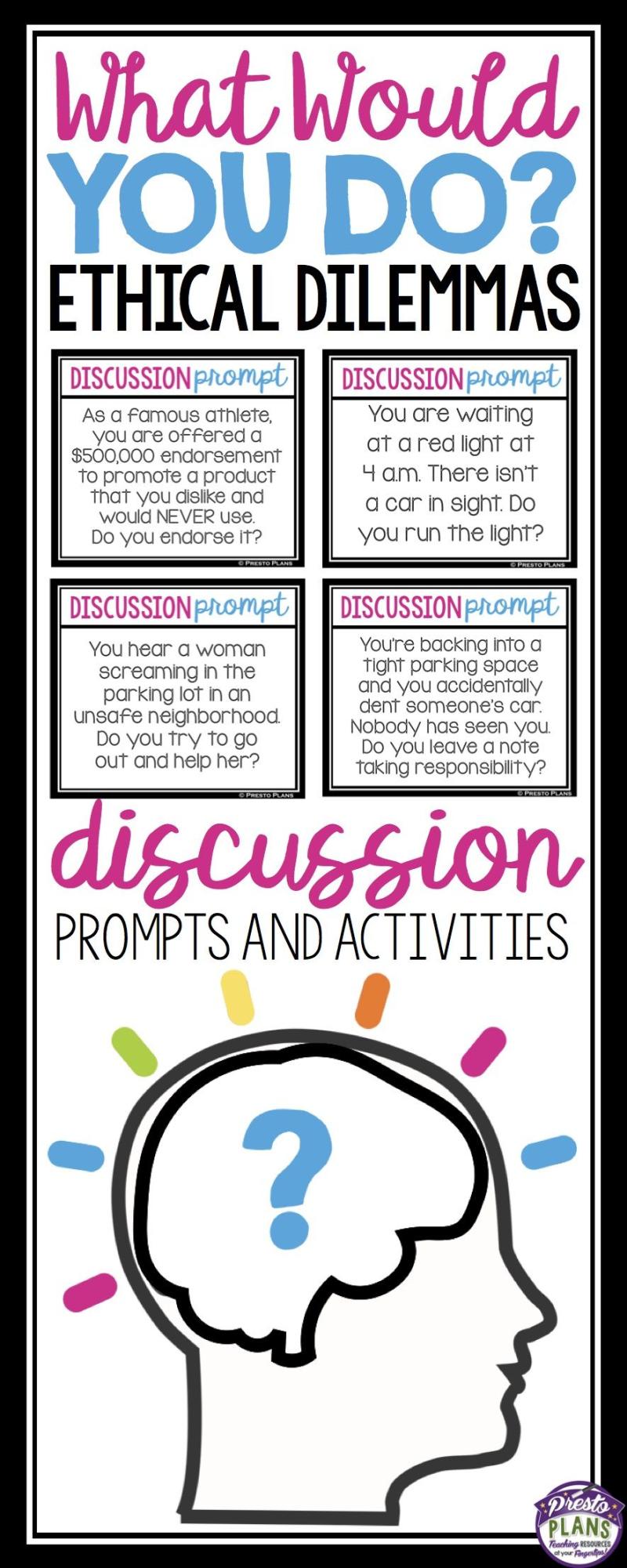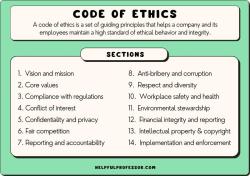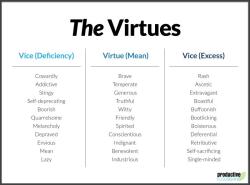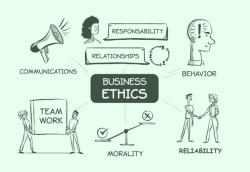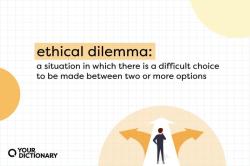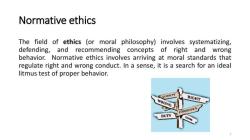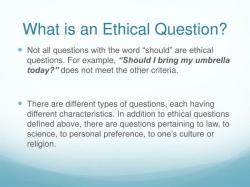Can ethical dilemma discussion change behavior?
Yes, discussions about ethical dilemmas can have an impact on behavior. Engaging in conversations about ethical dilemmas can influence individuals in several ways:
Increased Awareness:
- Ethical dilemma discussions raise awareness about the complexity of ethical issues and the potential consequences of different choices. This increased awareness can lead individuals to consider the ethical implications of their actions more carefully.
Critical Thinking:
- Discussing ethical dilemmas encourages critical thinking and reflection on personal values. Participants may start to question their assumptions, biases, and preconceived notions, leading to a more nuanced understanding of ethical decision-making.
Empathy Development:
- Considering various perspectives in ethical discussions can foster empathy. Understanding how different choices impact different stakeholders may lead individuals to make more compassionate and socially responsible decisions.
Norms and Social Influence:
- Ethical dilemma discussions can shape social norms within a group or community. If ethical behavior is consistently emphasized and valued, individuals may feel more inclined to conform to those norms in their own actions.
Clarification of Values:
- Through ethical discussions, individuals may clarify and articulate their own values. This process can lead to a better understanding of what is personally important, making it more likely that individuals will align their behavior with these values.
Learning from Others:
- Hearing diverse perspectives in ethical dilemma discussions provides individuals with an opportunity to learn from the experiences and insights of others. This exposure can influence behavior by offering alternative viewpoints and solutions.
Institutional Impact:
- Organizations and institutions that foster ethical dilemma discussions as part of their culture can have a significant impact on the behavior of their members. When ethical considerations are integrated into decision-making processes, it can contribute to a more ethical organizational environment.
Motivation for Ethical Action:
- Discussing ethical dilemmas can serve as a motivational factor for individuals to act ethically. Understanding the positive impact of ethical behavior on themselves and others can inspire individuals to make choices aligned with ethical principles.
Decision-Making Skills:
- Engaging in discussions about ethical dilemmas can improve individuals' decision-making skills. It provides an opportunity to practice ethical reasoning and problem-solving, making it more likely that individuals will apply these skills in real-life situations.
While ethical dilemma discussions can be influential, it's important to note that the impact may vary among individuals. Personal values, previous experiences, and the context of the discussion all play roles in shaping how individuals integrate ethical considerations into their behavior. Additionally, the long-term impact of ethical discussions may depend on whether these discussions are part of an ongoing and consistent effort to promote ethical behavior within a community or organization.
Can discussions on ethical dilemmas influence or change behaviors?
Yes, discussions on ethical dilemmas can influence or change behaviors. Research has shown that exposure to ethical discussions can lead to increased moral awareness, sensitivity to ethical issues, and a greater willingness to act in an ethical manner. Additionally, discussions can help individuals develop critical thinking skills, empathy for others, and a stronger sense of moral responsibility.
What psychological theories support the impact of ethical dilemma discussions on behavior?
Several psychological theories support the impact of ethical dilemma discussions on behavior. These include:
Cognitive dissonance theory: This theory suggests that people are motivated to reduce inconsistencies between their beliefs and their actions. When people are exposed to ethical dilemmas, they may experience cognitive dissonance if their beliefs about right and wrong conflict with their actions. This dissonance can motivate them to change their behavior to align with their beliefs.
Social learning theory: This theory suggests that people learn behaviors by observing others. When people are exposed to ethical discussions, they may observe others making ethical decisions. This observation can teach them new behaviors and increase their willingness to act in an ethical manner.
Moral reasoning theory: This theory suggests that people's moral reasoning skills develop over time. As people are exposed to ethical discussions, they may develop the ability to think critically about ethical issues and make more informed moral decisions.
Are there real-world examples demonstrating the effect of ethical dilemma discussions on behavior?
Yes, there are many real-world examples demonstrating the effect of ethical dilemma discussions on behavior. For example, studies have shown that:
Students who participate in ethics education programs are more likely to report ethical behavior in their personal and professional lives.
Employees who are exposed to ethical training are less likely to engage in unethical behavior, such as stealing or cheating.
Organizations that foster a culture of ethical discussion are more likely to have a positive ethical climate and fewer instances of unethical behavior.
Overall, research suggests that discussions on ethical dilemmas can be an effective tool for promoting ethical behavior. By exposing people to ethical dilemmas and providing them with opportunities to discuss them, we can help them develop the moral awareness, critical thinking skills, and empathy necessary to make ethical decisions.
